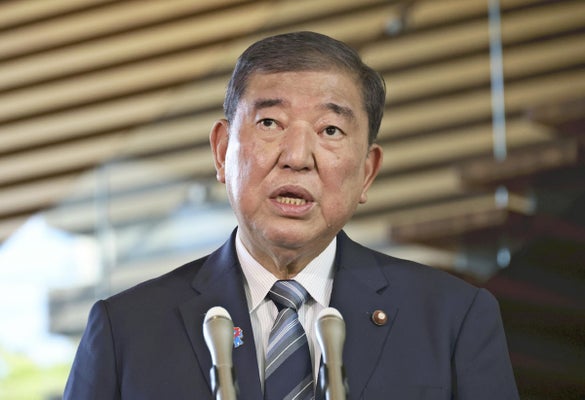Japanese Prime Minister, Ishiba, is facing increasing pressure to resign from his position. This comes at a critical point in his political career as it is believed his decision could influence future political trends in the country. The reasons for his proposed resignation and its potential implications remain unclear, creating an atmosphere of uncertainty in Japan's political landscape.
In Japan, the decision of a Prime Minister to resign is often met with deep public interest. The populace is keen on leadership stability and how the political decisions made by leaders influence their everyday lives. The Prime Minister's resignation could result in a potential power vacuum, prompting a scramble for power within the ruling party, which may disrupt policies affecting the public.
In contrast, western democracies like the US have a more defined process for the transition of power. Despite political pressure or scandals, a sitting president cannot be forced out of office unless impeached. In the EU, individual countries have their own political mechanisms but generally, a head of government can resign under pressure and a new leader is chosen through an established process.

